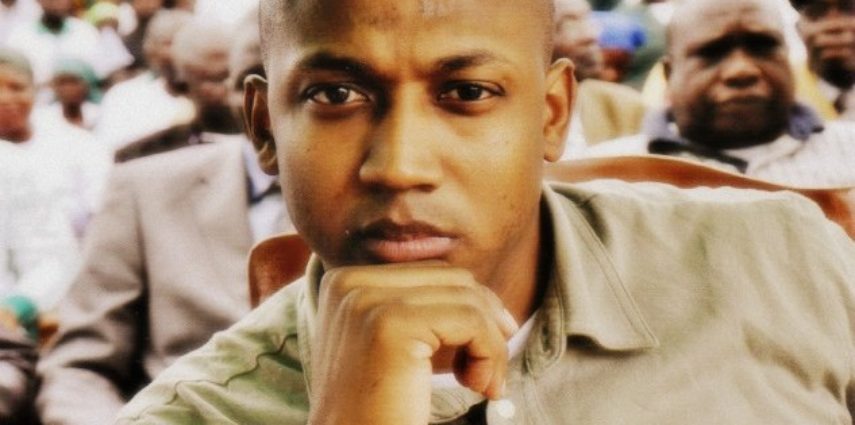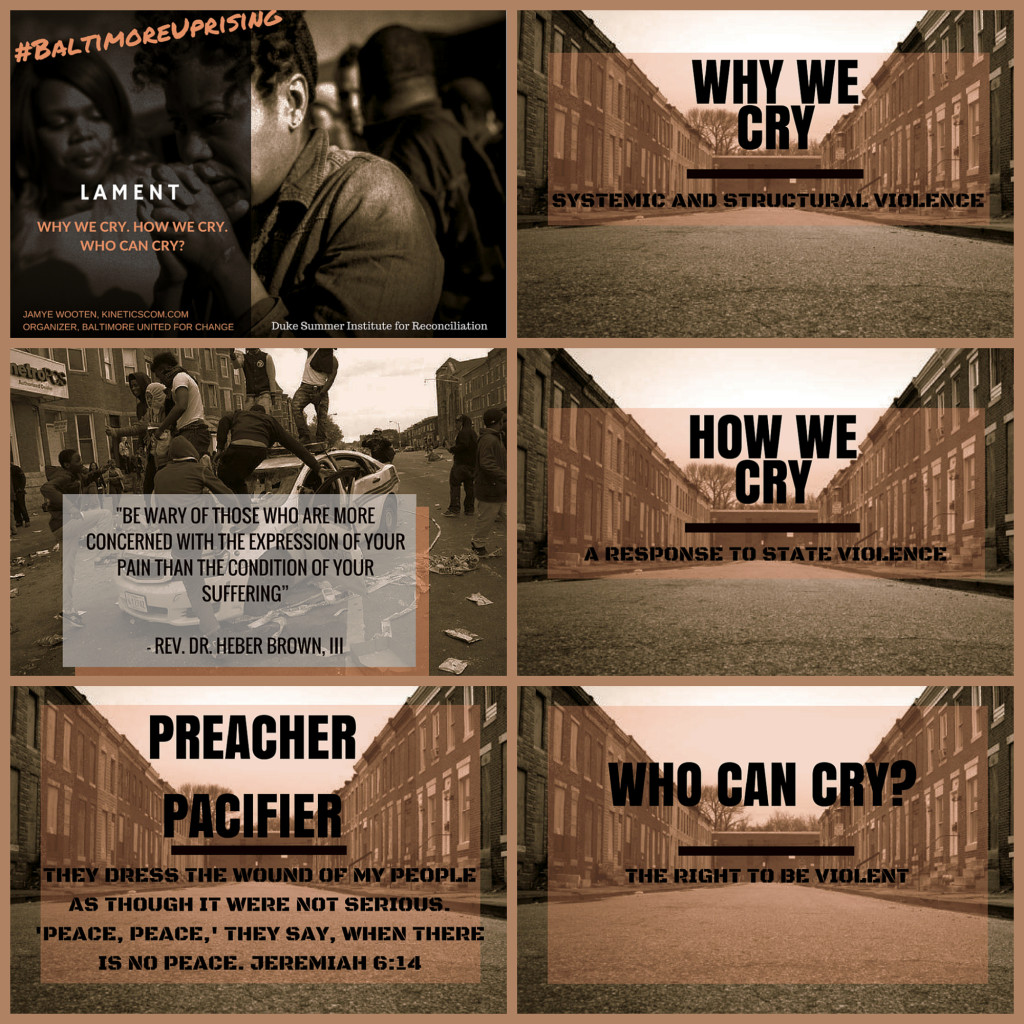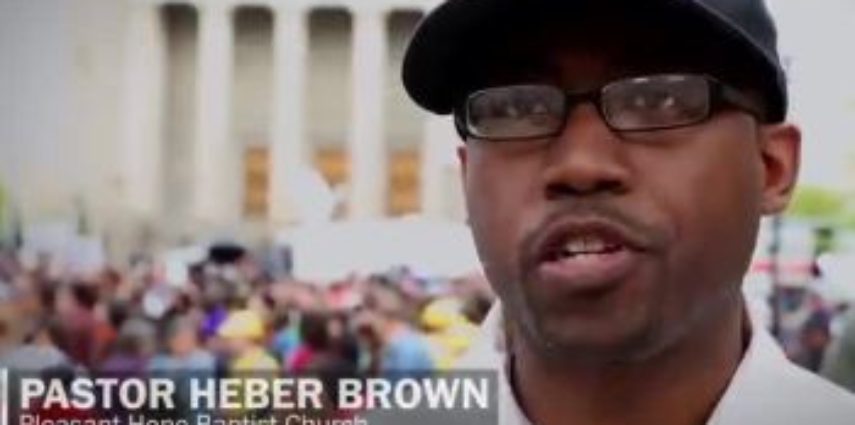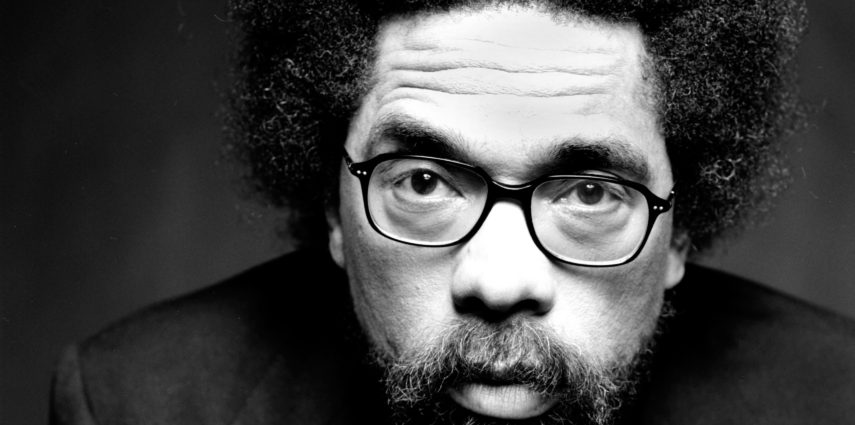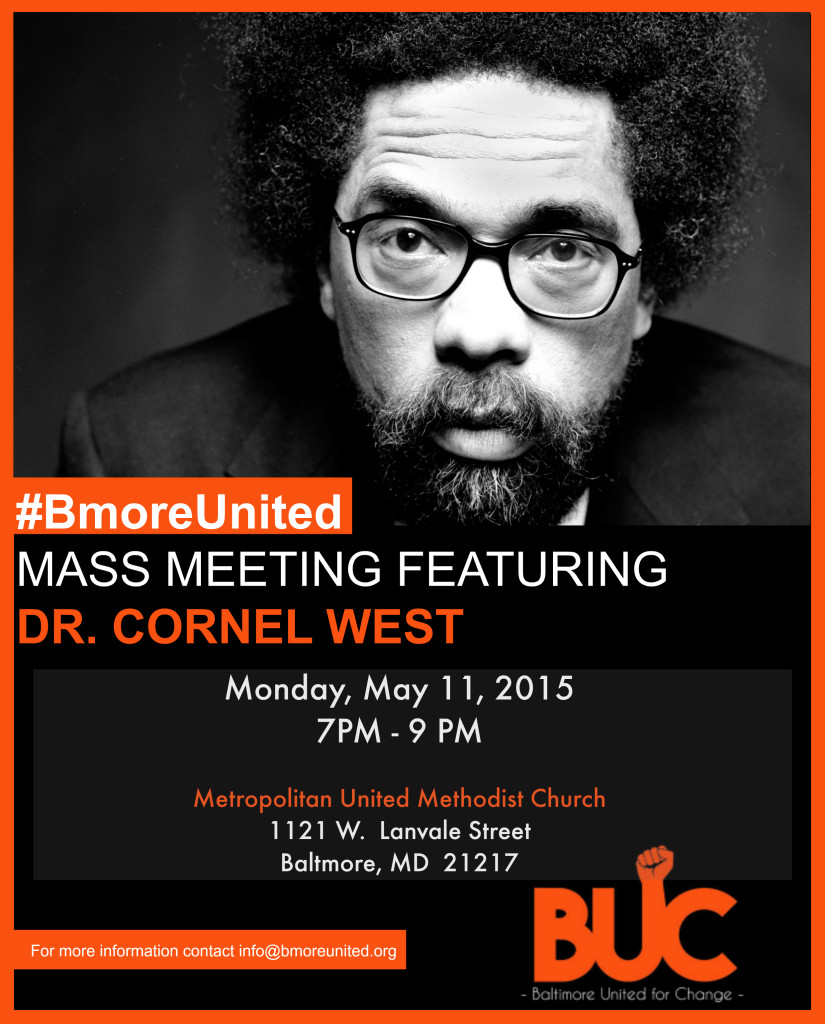Jamye Wooten has been invited by Rev. Dr. Curtiss DeYoung, executive director of the Community Renewal Society and Duke Professor, Edgardo Colon-Emeric to reflect on the current outcry in Baltimore for racial and economic justice, and the ongoing #blacklivesmatter movements.
The Summer Institute for Reconciliation is fostered by a particular methodology that brings together learning and formation at the institute in a way that is at once theological, contextual, and practical. The curriculum revolves around four critical questions. These questions open us up to each other and to new possibilities as we respond in hopes of hearing the Holy Spirit’s words for the movement. In these four questions, we hope to turn toward life in the midst of death, toward the new ordering of the things in the Kingdom of God in the midst of the old order that is dying away in Christ.
The four questions are:
- Reconciliation toward what? This is the question relating to the goal, the end toward which God’s movement leads. We invite you through your individual, collective, and ongoing reflection on this question to form a Scriptural imagination of new creation (2 Corinthians 5:17)—always pointing to the life of God in Jesus Christ, the source, goal, and purpose of Creation.
- What is going on? This is the question of context, which seeks to get to a clearer and deeper understanding of the specific challenges facing our communities. This question, maybe most importantly, invites you to pray, “How Long, O Lord?” (Psalm 13).
- What does hope look like? This is the question that engages hopeful models, stories, experiments, initiatives, visions, and practical skills that shape and sustain a better future. We invite you, through this question, to be hopeful people—to form a vision, imagination, and capacity for Christian hope (Luke 24:1–12).
- Why me, and why bother? This is the question that explores issues of personal vocation, calling, and formation. The question highlights practices, rhythms, and life-styles, convictions that sustain leadership even in the face of challenges and obstacles and invites you to form a deep and lively practical spirituality, which can sustain one’s leadership over the long haul.
The Summer Institute for Reconciliation is intended for:
- Christians who are committed to the ongoing training and equipping of others, calling forth the gifts of the community to inspire, form, and support people to become ambassadors of God’s movement of hope; that foster a life together that is a witness to now being “the acceptable time,” now being the “day of salvation” (2 Corinthians 6:2)
- Grass-roots ministers and Christians living and working among people who suffer or are marginalized
- Pastors with a desire for their congregations to become communities that live out alternatives to the destructive conflicts and social divisions that fragment our world
- College, university, and seminary faculty and administrators training young Christians to live in the way of the Kingdom
- Denominational and organizational leaders seeking to guide their organizations into new practices and structures that enable the flourishing of communities living out God’s vision of peace and justice
- Every follower of Jesus Christ seeking to become an ambassador of God’s healing and wholeness

